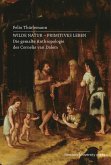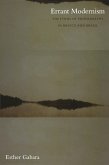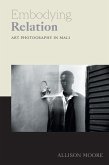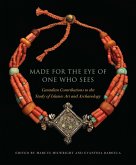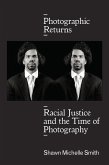AAP PROSE Award, Finalist in Media and Culture Studies 2021 In early 1882, before young Oscar Wilde embarked on his lecture tour across America, he posed for publicity photos taken by a famously eccentric New York photographer named Napoleon Sarony. Few would guess that one of those photographs would become the subject of the Supreme Court case that challenged copyright protection for all photography-a constitutional question that asked how a machine-made image could possibly be a work of human creativity.Who Invented Oscar Wilde? is a story about the nature of authorship and the "convenient fiction" we call copyright. While a seemingly obscure topic, copyright has been a hotly contested issue almost since the day the internet became publicly accessible. The presumed obsolescence of authorial rights in this age of abundant access has fueled a debate that reaches far beyond the question of compensation for authors of works. Much of the literature on the subject is either highly academic, highly critical of copyright, or both. With a light and balanced touch, David Newhoff makes a case for intellectual property law, tracing the concept of authorship from copyright's ancient beginnings to its adoption in American culture to its eventual confrontation with photography and its relevance in the digital age. Newhoff tells a little-known story that will appeal to a broad spectrum of interests while making an argument that copyright is an essential ingredient to upholding the principles on which liberal democracy is founded.
Dieser Download kann aus rechtlichen Gründen nur mit Rechnungsadresse in A, B, BG, CY, CZ, D, DK, EW, E, FIN, F, GR, HR, H, IRL, I, LT, L, LR, M, NL, PL, P, R, S, SLO, SK ausgeliefert werden.



